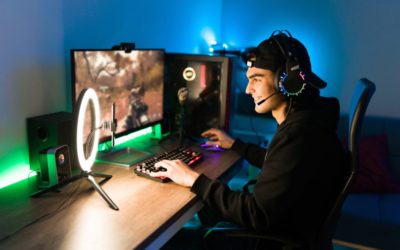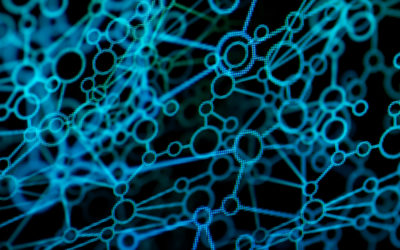Quick Hits
Daily brief research updates from the cognitive sciences

I reported in last week’s Quick Hits on how engaging in the arts has a relationship with self-control and avoidance of disagreeable and criminal behaviour and that is why this impressive piece of research published in February caught my eye.
In this Janneke van Leeuwen et al. map different types of art engagement to a detailed neural map of social centres. These types of engagement range from perceptual analysis, to animated dynamics (i.e. movement), to symbolic meaning, and personal significance.
I was impressed by the depth of this paper. Basically, what we can see is that each of these separate aspects of interacting with art activate networks in the brain that are strongly associated with social functioning.
In some respects, this should be actually logical — the arts are after all incredibly humanistic and engage our emotions and aesthetics.
This piece of research show to what extent this is so — all aspects of engaging with art engage multiple parts of the brain and recruits the same brain networks as those involved in complex social behaviour.
Good to know!

Andy Habermacher
Andy is author of leading brains Review, Neuroleadership, and multiple other books. He has been intensively involved in writing and research into neuroleadership and is considered one of Europe’s leading experts. He is also a well-known public speaker speaking on the brain and human behaviour.
Andy is also a masters athlete (middle distance running) and competes regularly at international competitions (and holds a few national records in his age category).
Reference
Janneke E. P. van Leeuwen, Jeroen Boomgaard, Danilo Bzdok, Sebastian J. Crutch, and Jason D. Warren
More Than Meets the Eye: Art Engages the Social Brain
Frontiers in Neuroscience
https://doi.org/10.3389/fnins.2022.738865
More Quick Hits
What is the Impact of Gaming on Teenage Mental Health?
Many parents might be worried that gaming will have negative impacts on their children’s mental health – not true. Or only for a small subset…
Why Children Learn More Quickly Than Adults
It might be obvious that kids learn quicker than adults – but this shows for the first time why.
Right, so artificial networks also need sleep!
We need sleep but we are biological entities – that artificial networks improve performance with sleep is pretty fascinating, and insightful.
Making Voting More Effective for Better Decisions
Most of the most important decisions made in business and society are the result of votes – but not all voting methods are equally effective…
We’re Bad at Remembering How Happy We Were
The past ain’t always better – according to this latest research at least…
100 Years of Research Reveal the Most Effective Methods for Learning
New technologies, new research? No, the old methods are the best, and it’s surprisingly simple.






